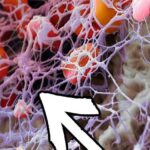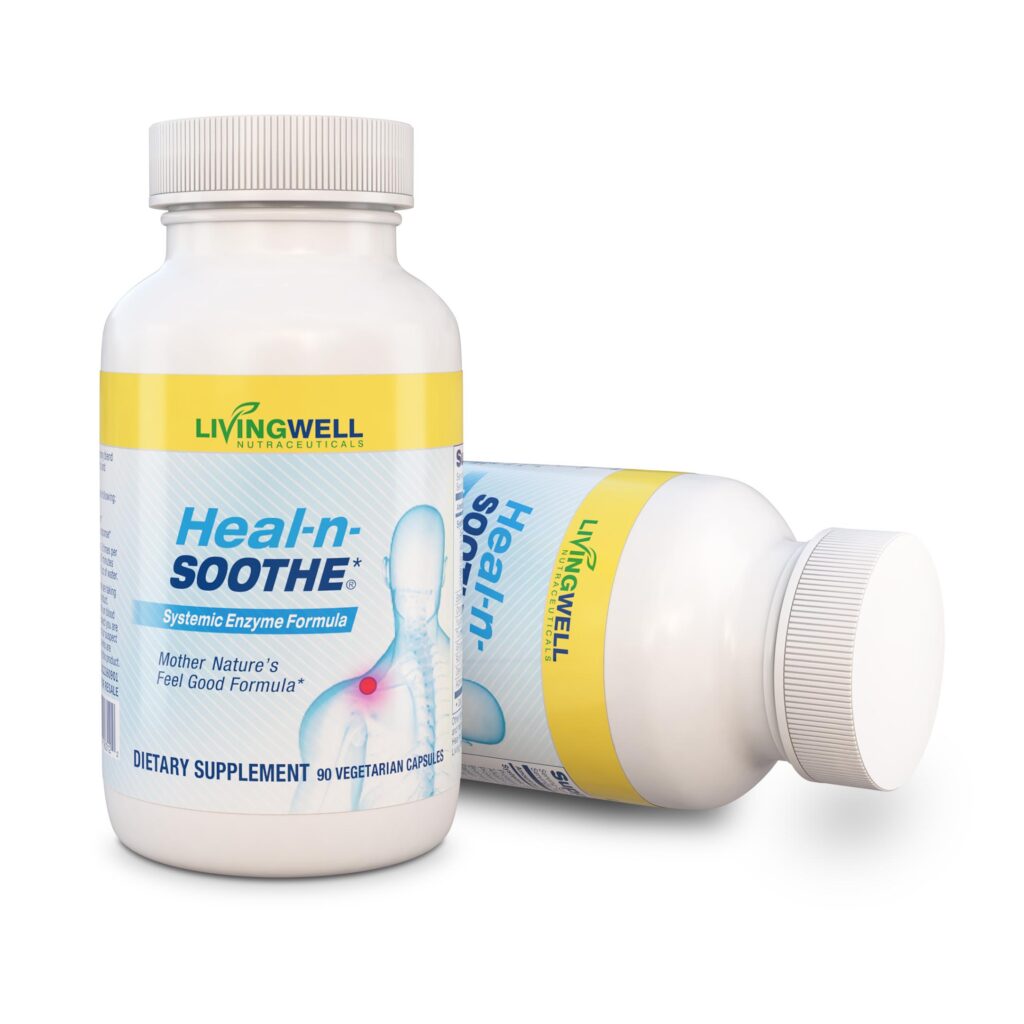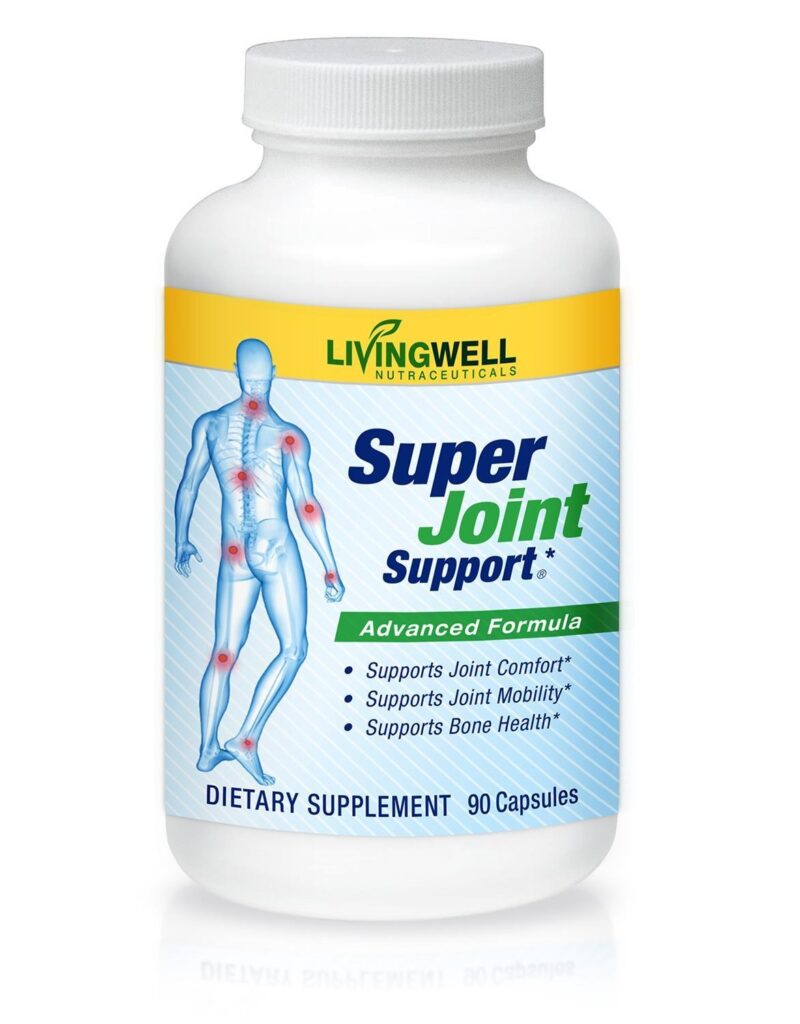According to information, upwards of 70% of the body is composed of good ‘ole H2O. It is said that a small 2% decrease in fluids can leave you itchy, woozy, constipated, and feeling generally rotten all around. Definitely it is sensible to remain hydrated. Drinking ample water helps ensure our bladder and kidneys flush toxins out of our bodies. It also assists our bodies to digest food. Combined with that, it can even prevent headaches, joint aches and muscle pain.
Ultimately what does this have to do with your vertebrae? Quite a bit it turns out. Water is the stuff of life – and of spinal wellbeing. 70% of one’s body is made of water and the same ratio exists in the discs that pad the vertebrae in your spinal column. It seems dehydration is not talked about much but is a large factor contributing to slipped and herniated discs.
A decline in disc water content is related to spinal disc degeneration and deterioration. When the discs break down, cracks form within your fibrous outer ring of the disc leading to fluid loss. The inner core gets weaker as it shrinks and comes under more strain until concerns grow to be ripe for the disc to bulge or herniate.
So, exactly how much water is sufficient can be a subject of serious discussion. The most typically provided “rule” is to drink at the least eight 8-ounce glasses of water daily or 64 ounces of water in total. It is in general more of a “guideline” though as the total amount your system essentially demands is greatly dependent upon your gender (males tend to require more water), weight (extra mass calls for more water), activity level and environment amongst other reasons.
Allow me to make drinking water straightforward for you. If you’re dehydrated, drink a glass of water. If you’re not thirsty but are experiencing a few of the signs and symptoms of minor dehydration, try drinking a glass of water anyways. Ordinarily if you’re drinking sufficient water your urine will likely be clear or pale yellow. Be cognizant that it’ll commonly be darker first thing in the morning, after a meal or when taking water soluble vitamins like riboflavin.
When the body is properly hydrated, your spinal discs can reabsorb fluids at night while you sleep. Together with that, a number of adults with back pain and discomfort have gotten quick relief through the use of inversion therapy tables that release compression on the discs through gentle gravity-based traction. This enables fluid to soak into the spongy interior of the disc so that it can heal and properly support your spine. So yes, water is the backbone of life and the fluid that’ll help your vertebrae remain healthy.






